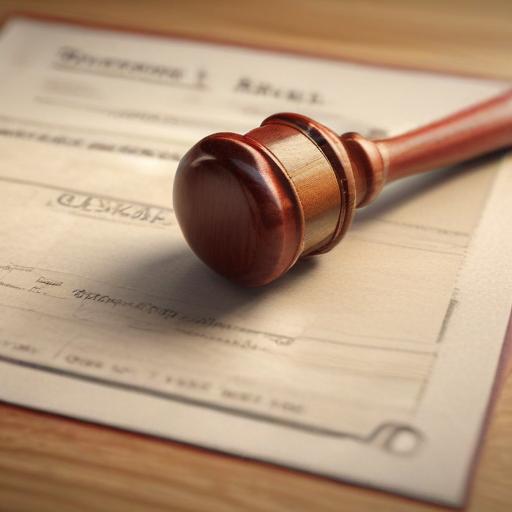First lady Melania Trump is pursuing a defamation case approach against Hunter Biden, demanding he retract claims that she was introduced to President Trump by Jeffrey Epstein. Her Florida-based attorney, Alejandro Brito, sent a demand letter to Hunter Biden and his lawyer, Abbe Lowell, on Aug. 6, insisting that Biden’s remarks on the YouTube show Channel 5 with Andrew Callaghan are false, defamatory, and harmful to her reputation and finances.
Brito asserts that Biden’s interview falsely stated that Epstein introduced Melania to Trump, and he warned that failure to retract could force Melania to pursue “all legal rights and remedies” to recover what he calls substantial reputational and financial harm. The demand letter also targets the broader implication that Epstein’s connections to top figures extend “wide and deep,” a reference Brito ties to commentary by author Michael Wolff, whom Brito described as a “serial fabulist.”
The Channel 5 interview in question has drawn attention for its more sensational allegations, and Brito emphasizes that the statements attributed to Biden should be corrected publicly. He frames the move as a protective measure to shield the first lady from ongoing misrepresentations.
Context and potential impact:
– The legal threat centers on reputational harm and financial damages rather than an immediate court filing, signaling a possible escalation should Biden not retract the statements.
– The dispute underscores ongoing tensions around how allegations involving Epstein and associates are discussed in political discourse, especially when they touch high-profile public figures.
– Defamation actions of this type rely on proving that statements were false, harmful, and made with at least some level of fault or negligence; outcomes will depend on how the claims are presented and subsequently retracted or corrected.
Summary:
Melania Trump’s team is pushing back against Hunter Biden’s statements linking her to Epstein, asserting the claims are false and asking for an immediate retraction to avoid a defamation lawsuit and corresponding damages. The case highlights ongoing scrutiny of how sensational allegations circulate in media and political commentary.
Additional comments:
– This development illustrates how public figures actively defend reputations in the digital era, where statements can spread rapidly across media platforms.
– If the parties pursue litigation, a court would assess the truthfulness of the claims, the context in which they were made, and whether a retraction or correction was issued.
Logical note:
– Even when no formal suit is filed, demand letters like this can significantly influence public narrative and press coverage, potentially prompting cooperation from the party accused of making false statements.
– Readers should await official legal filings for precise allegations, remedies sought, and the full context of the statements in question.
Positive angle:
– The situation emphasizes the importance of careful fact-checking and responsible journalism, encouraging media and public figures to rely on verifiable information rather than sensational allegations.
